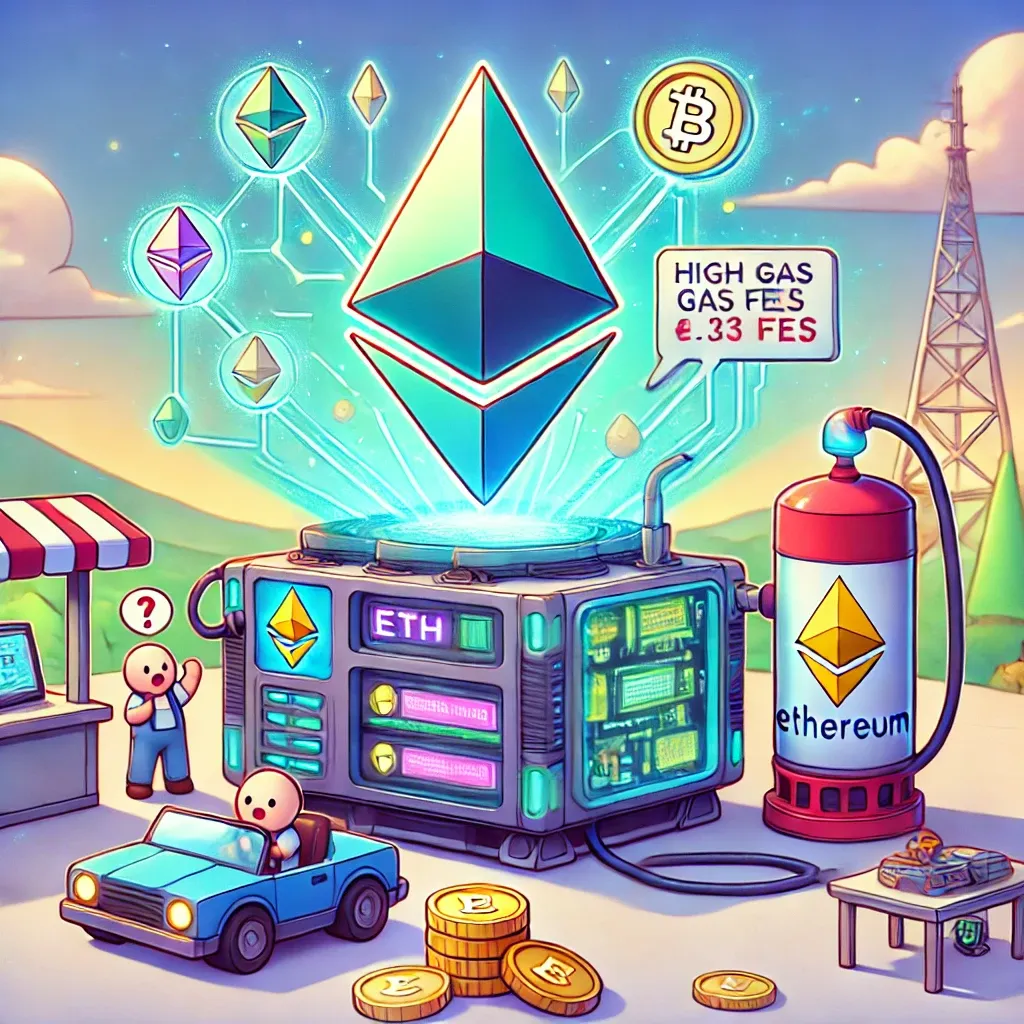Cryptocurrencies have taken the world by storm, and Ethereum is undoubtedly one of the biggest names in the game. But did you know that Ethereum's native cryptocurrency isn't called "Ethereum"? It's actually called Ether, or ETH for short. Let’s dive into the world of Ethereum and Ether, unraveling some fun facts along the way!
What is Ethereum?
Ethereum isn’t just another cryptocurrency. It’s a revolutionary blockchain platform that enables developers to build and deploy decentralized applications (dApps). Think of it as a global, decentralized supercomputer that’s open to everyone. But wait, what fuels this supercomputer? That’s where Ether (ETH) comes in.
The Role of Ether in the Ethereum Ecosystem
Ether is more than just digital money; it’s the lifeblood of the Ethereum network. Here are its primary roles:
-
Transaction Fees:
-
To perform any action on the Ethereum blockchain, such as sending tokens or executing a smart contract, you need to pay a fee in Ether. These fees are called "gas."
-
-
Staking in Ethereum 2.0:
-
With Ethereum’s shift to Proof of Stake (PoS), Ether can now be used to secure the network. Validators stake ETH to process transactions and earn rewards.
-
-
A Store of Value:
-
Many view Ether as "digital gold" due to its increasing adoption and utility in the crypto space.
-
Why Isn’t It Just Called “Ethereum”?
This is a common question! Imagine if a car brand named itself "Engine" instead of "Ferrari." Sounds odd, right? Ethereum is the platform, while Ether is the fuel. The differentiation helps highlight the multi-purpose nature of Ethereum as a blockchain platform.
How Does Ether Compare to Bitcoin?
When most people think of cryptocurrencies, Bitcoin is the first name that comes to mind. So how does Ether stack up?
Similarities:
-
Both operate on blockchain technology.
-
Both can be traded or held as investments.
-
Both have limited supplies (though Ethereum’s supply mechanism is slightly different).
Differences:
-
Purpose:
-
Bitcoin is primarily a digital currency.
-
Ether powers the Ethereum network and its dApps.
-
-
Technology:
-
Ethereum supports smart contracts, while Bitcoin focuses on being a store of value.
-
-
Transaction Speed:
-
Transactions on Ethereum are generally faster than on Bitcoin.
-
Fun Facts About Ether (ETH)
1. Gas Fees Can Be Wild
Ethereum’s gas fees have been known to skyrocket during periods of high demand. Want to send $10 in ETH? Sometimes, the fee might be $20! It’s like paying more for delivery than the pizza itself.
2. It’s More Than Just Money
Ether is like the Swiss Army knife of cryptocurrencies. It’s not just about buying and selling; it’s about powering decentralized apps, enabling NFT trades, and even being staked for network rewards.
3. The Infinite Supply Debate
Unlike Bitcoin, Ether doesn’t have a fixed supply cap. However, recent upgrades, like EIP-1559, introduced a mechanism to burn ETH, reducing the overall supply and making it potentially deflationary.
How to Get Your Hands on Ether
Want some ETH in your crypto wallet? Here’s how:
-
Cryptocurrency Exchanges:
-
Platforms like Coinbase, Binance, and Kraken make it easy to buy ETH using fiat currency.
-
-
Decentralized Exchanges (DEXs):
-
If you’re feeling adventurous, try a DEX like Uniswap to trade other tokens for Ether.
-
-
Staking Rewards:
-
Stake ETH on Ethereum 2.0 and earn more ETH as rewards.
-
Conclusion
Ether (ETH) is more than just a cryptocurrency; it’s the backbone of one of the most innovative blockchain platforms ever created. Whether you’re a crypto newbie or a seasoned trader, understanding Ether’s role in the Ethereum ecosystem is essential. So the next time someone calls Ether “Ethereum,” you can confidently correct them and share a fun fact or two. After all, knowledge is power—and in the crypto world, it might just make you a bit richer, too!
